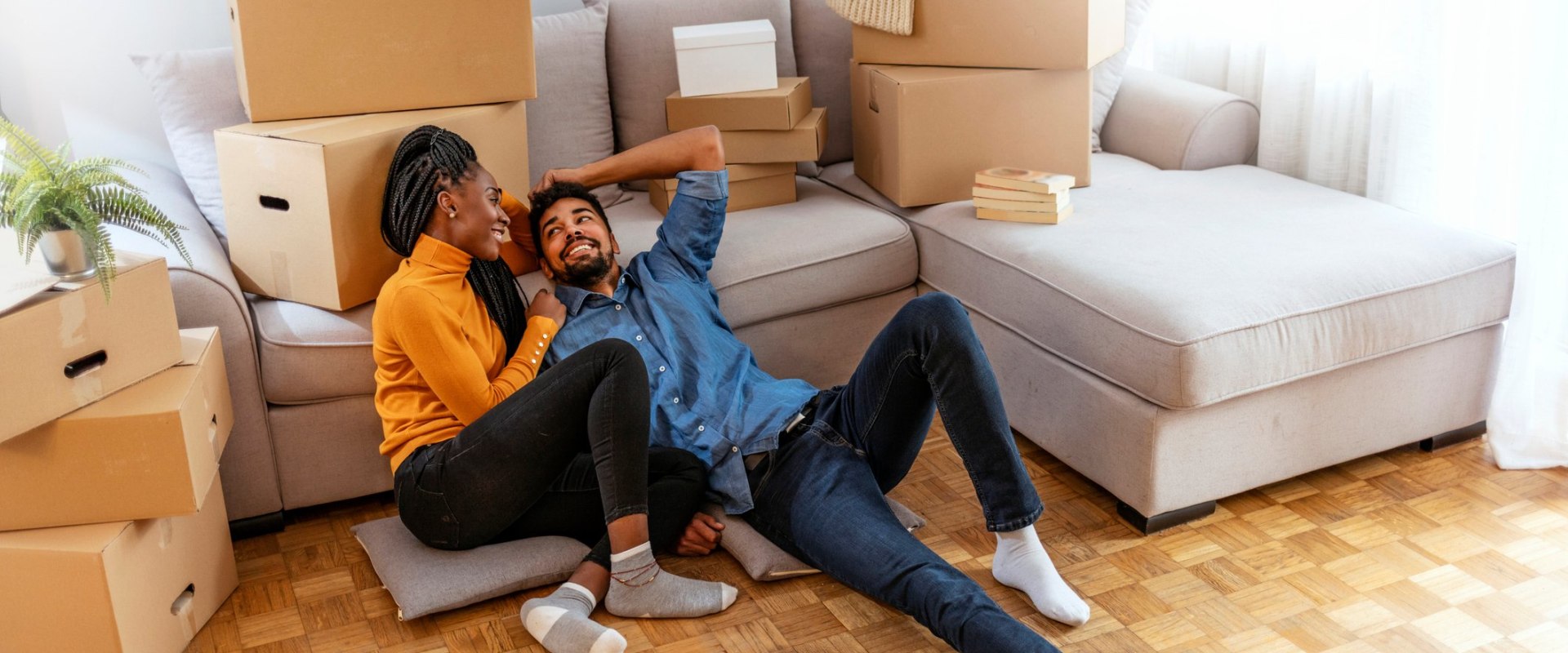Paying all the cash for a home may make sense for some people and in some markets, but it is important to consider the potential downsides as well. Disadvantages include immobilizing too much investment capital in an asset class, losing the leverage provided by a mortgage, and sacrificing liquidity. Paying cash for a home eliminates the need to pay interest on the loan and closing costs. Lenders don't charge mortgage origination fees, appraisal fees, or other fees to evaluate buyers, says Robert Semrad, JD, senior partner and founder of the DebtStoppers bankruptcy law firm of Robert J.
Semrad & Associates LLC, based in Chicago. In addition to the stock market earning much more than it will pay in interest, you can also save even more on your taxes than you would with a mortgage interest deduction. If you use your extra money to invest directly in the stock market or to live while investing in a tax-advantaged account, such as a traditional IRA, health savings account (HSA), 401 (k), or another work plan, you could save more in taxes than you would if you itemized your mortgage interest. If you have a large amount of cash, mathematically you'll end up with a higher net worth after 30 years if you invest that money instead of using it to avoid getting a mortgage (assuming mortgage rates stay low and stock market gains follow the same average annualized return as they have since 1992). However, not having a mortgage gives you a sense of freedom that is difficult to replicate. If that feeling is worth enough money for you, then buy your house with cash.
The answer depends on the motivations and objectives. If you want to buy a house with cash to avoid paying mortgage interest, you should consider how much that money could grow if you invested it instead. If your goal is to beat other bidders for a home, buying cash will attract the seller's attention. However, you will still have to make a competitive bid. Not having a monthly housing payment is a big plus.
Paying cash means you can skip the mortgage process and all the costs and charges involved, including interest rates or mortgage insurance. In addition, a homebuyer who puts less than 20% down payment will have to pay private mortgage insurance (PMI), which ranges from 0.5% to 1% of the loan amount annually. When you pay with cash, private mortgage insurance is not required. On the other hand, if paying cash for a house completely erases it, you might want to reconsider it. If you want to buy with cash, that will delay your purchase.
You have to sit and wait until you have all the money you need set aside in cash and not just for the purchase price. You also need money for closing costs, your insurance premium, prepaid property taxes and more. Not sure what types of purchases justify leaving cash in your wallet? Here's a look at seven common payments that should always be made in a different way other than cash. Writing a check can be a hassle, so if you don't have the option to pay rent online, you can opt for cash. However, William Capece, CFP, director of business development at JS Benefits Group, said doing so is not wise because it leaves him without a paper trail. Beyond that, he said that paying for such a large purchase in cash limits his investment capacity.
If you can change it, he recommended financing your car purchase and using cash as a down payment on a rental property. There may be more productive ways to use money even if you have enough cash to pay for a house directly. Even though an inspection isn't required when you buy a home with cash, it's still wise to get one to make sure your new home doesn't come with costly surprise repairs. When you pay cash for a house, you avoid paying all that interest not to mention having six-figure debt. If it will take you a decade or more to save enough money to pay for a home in cash, you may want to consider financing so you can become a homeowner sooner. When you're spending hundreds or thousands of dollars on an item, you'll want to make sure your purchase is protected so avoiding cash is your best bet. If you can pay for a house with cash and still have money left over for emergencies home repairs and other unexpected things that come your way paying cash is probably a big financial decision. A cash buyer's home is not leveraged allowing the homeowner to sell the home more easily even at a loss regardless of market conditions.
A cash buyer is someone who uses their own funds to cover the full purchase price of the home which means they are not applying for a loan. If you're considering buying a home with cash make sure you know what that means for your ultimate and long-term financial goals. Title research takes place whether you pay cash or get a mortgage and it's always wise to take out title insurance on your investment which will protect you in the event that the title research hasn't filed any claims. If you are considering buying a home with cash first consider consulting with a financial advisor or tax professional who can analyze your individual situation and give you an idea of how it might affect your finances. Buying a home with cash may be satisfying but it's not necessarily the best option for everyone who can afford it. If you have enough cash to buy a home without taking out a mortgage it's worth at least considering what your goals are and if that money could be better used elsewhere.




